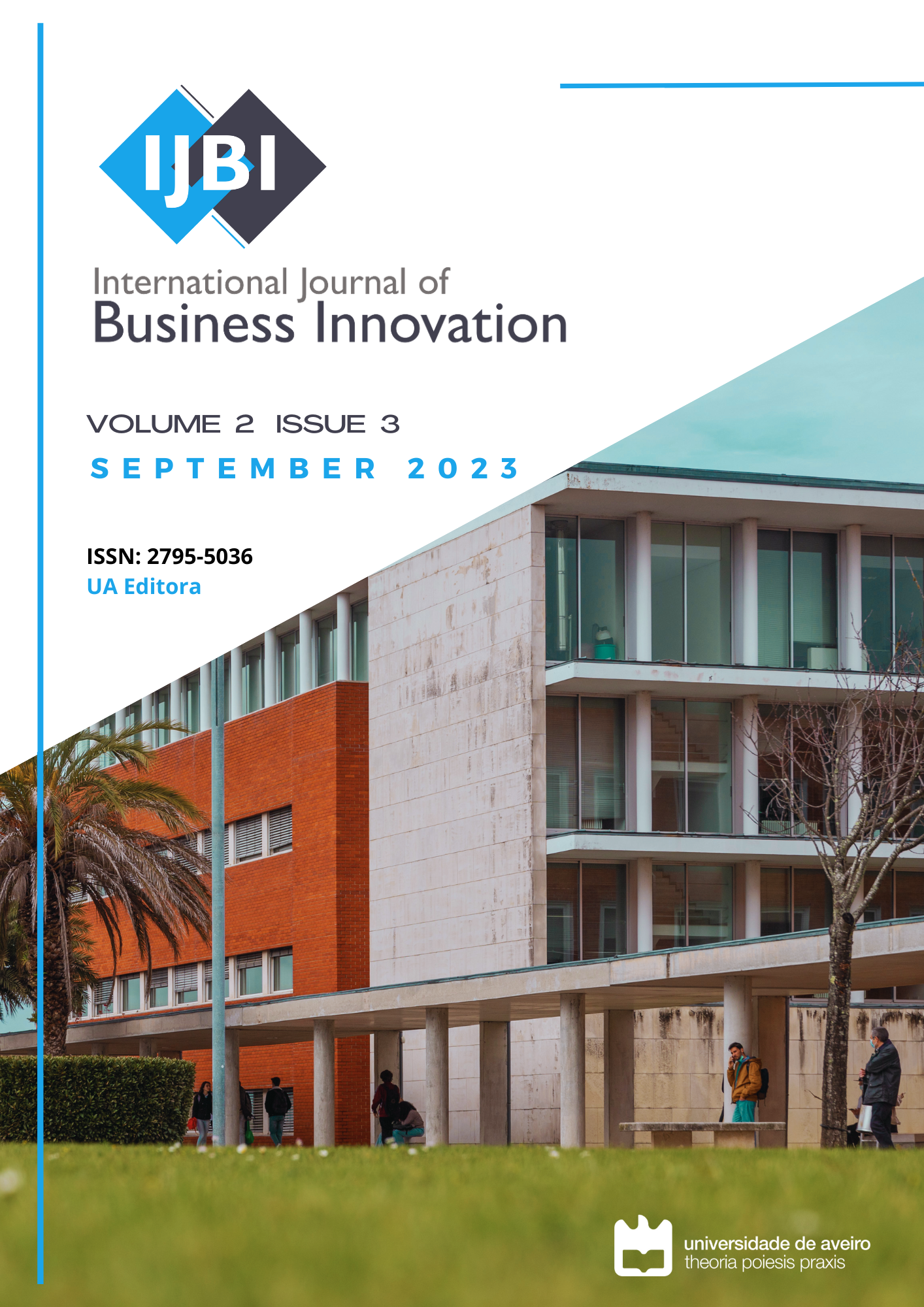Digital Financial Ecosystems
From Inclusive Digital Finance to Financial Capability
DOI:
https://doi.org/10.34624/ijbi.v2i3.31230Keywords:
Digital Financial Inclusion, Financial Capability, Financial Literacy, Financial Skills, Financial Behaviour, Financial AttitudeAbstract
This research involved 1080 private sector employees in Kumasi Metropolis of Ghana and employed econometrics analysis to investigate the influence of financial capability on digital financial inclusion. It utilized Sen's Capability Approach (CA) as an alternative framework and collected data between July 2021 and November 2022, subsequently transforming it into panel data. The study found that financial literacy, financial skills, financial behavior, and financial attitude collectively account for 75.4% of the variation in digital financial inclusion. Specifically, financial literacy increased digital financial inclusion by 0.029% at the 5% significance level, financial skills significantly boosted it by 2.289% at the 1% level, financial attitude contributed to a 1.419% improvement, and financial behavior led to a 0.915% increase. These findings underscore the vital roles played by financial literacy, skills, attitude, and behavior in promoting digital financial inclusion.
References
Downloads
Published
Issue
Section
License
When submitting an article to the IJBI, authors certify the following clauses:
-
Originality and single submission– The contents presented in the article have not been published previously in whole or in part, and were not submitted or are not under active consideration elsewhere prior IJBI decision. The article must be authentic and does not contain plagiarism.
-
Authorship– All authors reviewed the article, agreed with its content, and agreed to its submission to the IJBI.
-
Conflicts of interest– Any conflict of interests must be declared. If authors have no declaration, it should be written (in the acknowledgments section): “The authors declare no conflict of interests”.
-
Ethics committee and informed consent(if applicable) – The research must be approved by an independent ethics committee and subjects gave their informed consent before they were enrolled in the study.
- Authors retain copyright and grant the journal the right of first publication with the work simultaneously licensed under a Creative Commons CC BY 4.0.



